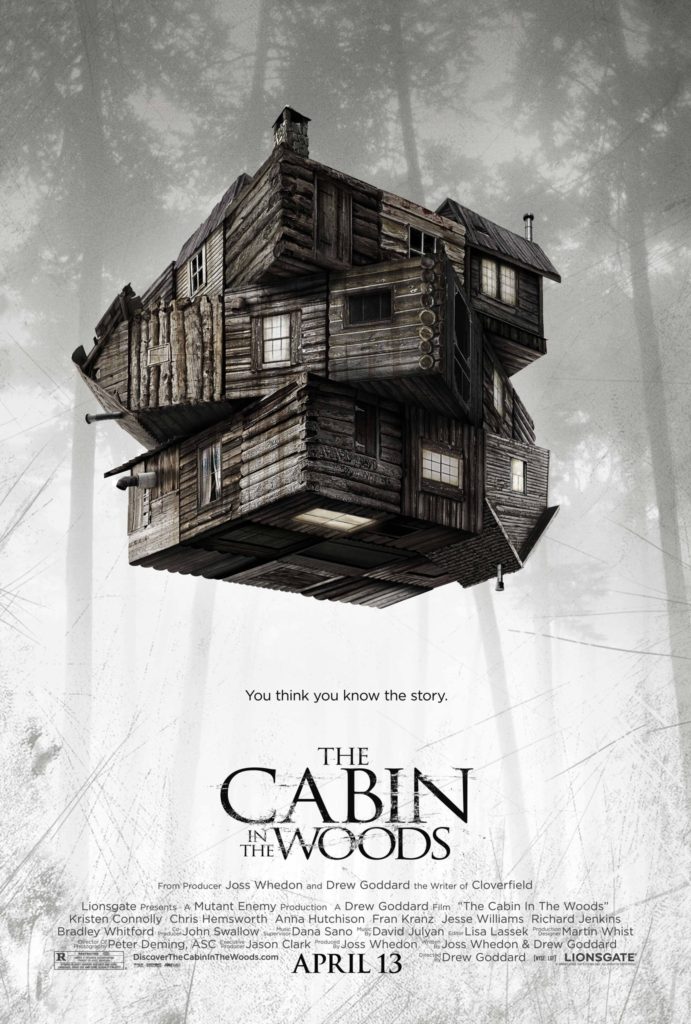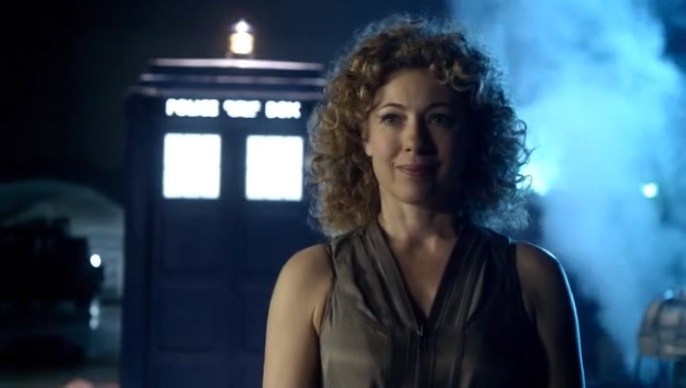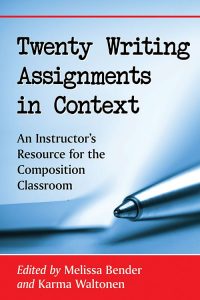Today, I have set up appointments to meet with six former students who want to get advice for classes to take, for improving their writing further, for choosing a grad program, for life.
It’s Summer Session 2. I honestly can’t remember the last time I took a summer session off.* After many long years, I finally am. (Not the whole summer, mind you; I just got back from an intensive Summer Abroad course, teaching 8 units in 4 weeks.)
But I’m still answering messages from my students. And I’m still going to pay to park so I can hold some office hours to help them.**
Having office hours requires an office.
So imagine my distress to learn that in the current bargaining session with my union, you have proposed taking my office away.
The laws (and you) require that I keep my students’ confidentiality. As I’m sure you understand, students bring up confidential information when they meet with me. We discuss their grades, their health problems, their hesitation in coming out to their parents, their sometimes difficult relationships with other people here.
I am required to keep this information confidential, so I need an office.
Common decency requires that other things be kept confidential, though the law doesn’t say anything about it. Sometimes, they’re homesick, crying, angry, despondent. They tell me about how their dreams are being crushed, how their parents don’t want them to pursue what they care about, how they need help fighting for a new dream.
Honor requires me to keep this confidential, so I need an office.
You say I could do all of this without my own office, that I just need a locker. What about the student who needs to talk through how to survive college now that her parents have been deported? The student who is being sent back to China after failing too many classes? The student who doesn’t know how to talk about how he used to cut himself, but wants to try?
Yes, these students should talk to counselors, but some of them are told they have to wait to do so. And, quite frankly, they often come to me first. And in emergencies, I walk them to the counseling center.
It’s vital that these students can come to me in a safe location, not just try to catch me at my locker, so I need an office.
You require me to be a mandatory reporter, so I need an office.
You require me to keep any projects (which are confidential) they haven’t picked up for a year, so I need an office.
I teach twice as many classes (more actually, with the independent studies and freshman seminars) as my tenured peers, which requires lots of office hours, so I need an office.
Speaking of independent studies, the classroom for them is my office, so I need an office.***
Since I prepare syllabi and grade essays and grade homework, I need an office.
Half of the students in my always-full office hours are former students. Many of them end up asking me for letters of recommendation and for mentoring.
Since I still meet with and write for those former students, I need an office.
I am currently in charge of the Upper Division Composition Exam. Hundreds of confidential files live in my office and, at certain times of year, need to be spread out all over my desk. Lots of confidential conversations about the exam happen there as well. Thus, I need an office.
(There is a staff person assigned to assist me with the Upper Division Composition Exam. It would be awkward if I didn’t have an office but she did, so I need an office.)
I serve on several campus committees, so I need an office.
All of the grad students in my building have offices, whether they’re teaching or not, whether they’re staying away from campus for the quarter or not. I work with some of them. The idea that I would have to go to their office to talk about their dissertations because the university sees them (but not me) as deserving of one is absurd, so I need an office.
I am an official mentor for the Guardian program, so I need an office.
I am an unofficial mentor for lots of other students, many of whom encounter me through the work I do with STEP, so I need an office.
I am the faculty adviser for a student group; I am with the students at least once a week, so I need an office.
When I publish the peer-reviewed journal I edit, “UC Davis” is behind my name. When I publish articles and books (I have two books coming out this year!), “UC Davis” is behind my name. When I present at conferences (nine this calendar year!), “UC Davis” is behind my name. When give guest lectures, “UC Davis” is behind my name.
Taking away my office implies that my research has no value here, even though you’re happy to feature that work in your publicity.
I’m assuming you would rather I keep saying “UC Davis” instead of “Independent Scholar” when I do these things, so I need an office.
To keep my job, you require that my teaching be “excellent.”**** What makes me “excellent” is the time and attention I give my students, not just my in-class performance. To remain excellent, I need an office.
I am an award-winning teacher, partially because I have an office in which to do all of these things.
My fellow lecturers in this system all do much more than just teach and go home. We care about our students–we work with them, listen to them, guide them, and inspire them, and we strive for excellence in everything we do, so we need offices.
Endnotes:
*This letter is not about how you only pay me 60% of my class rate when I teach in the summer, even though I have to do the same amount of work as I do in a regular term.
**This letter is not about how you charge me hundreds of dollars to park at work every year.
***This letter is not about how the students pay you to do independent studies with me but how you not only refuse to pay me, you refuse to consider these extra courses when I ask for raises. It is also not about how you’re trying to change the guidelines so I can never get another merit raise again.
****This letter is not about how you are also trying to change my contract to say that I can be fired at any time, with no notice or cause.
Students, if you’re reading this and wondering whom to talk to about how all of your teachers, not just tenure-track professors, need offices, here’s where to start:
Professor Kristin Lagattuta, Chair, Academic Senate, 402 Mrak Hall,
University of California, Davis, 95616, (530) 752-4919, aschair@ucdavis.edu
Gary May, Chancellor, Fifth Floor, Mrak Hall, University of California, Davis
(530) 752-2065, chancellor@ucdavis.edu
Janet Napolitano, President, University of California, 1111 Franklin St., 12th Floor, Oakland, CA 94607, president@ucop.edu
Eleni Kounalakis, Lieutenant Governor, State Capitol, Suite 1114, Sacramento, CA 95814, (916) 445-8994, https://ltg.ca.gov/contact/
Assemblymember Cecilia Aguiar-Curry, State Capitol, P.O. Box 942849, Sacramento, CA 94249-0004,
Tel: (916) 319 2004, https://lcmspubcontact.lc.ca.gov/PublicLCMS/ContactPopup.php?district=AD04
Senator Bill Dodd, State Capitol, Room 4032, Sacramento, CA 95814, (916) 651-4003, https://sd03.senate.ca.gov/contact
[If you’re not from Davis, you can look up their representatives here: http://findyourrep.legislature.ca.gov]







